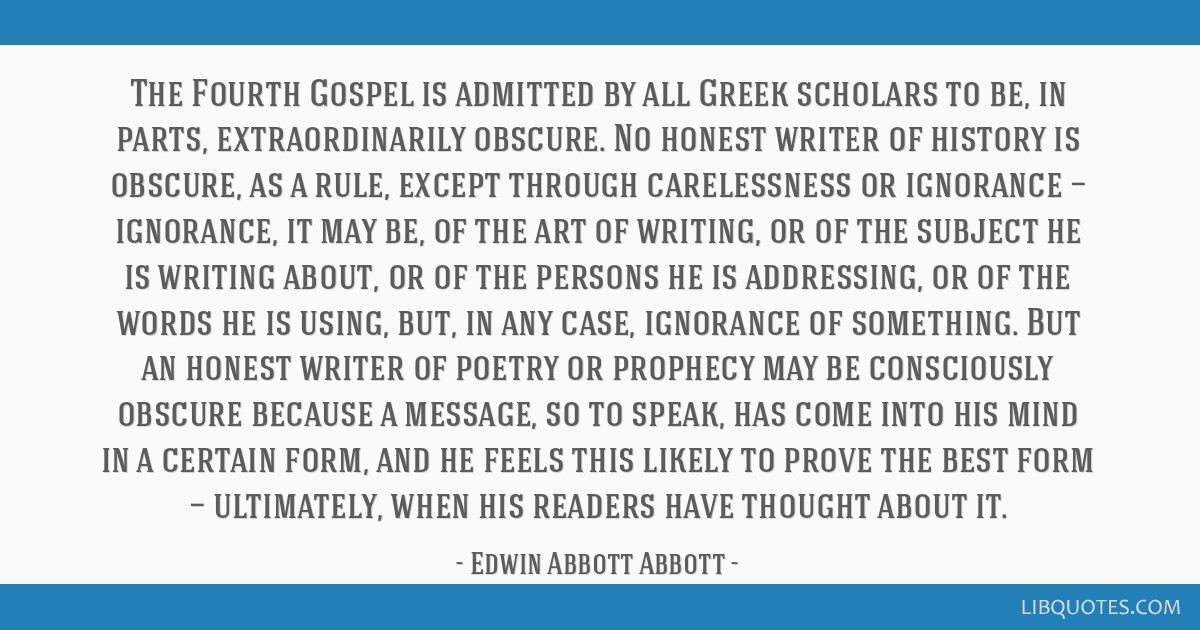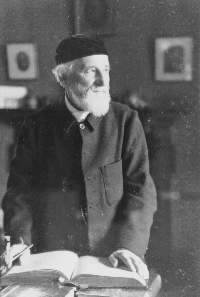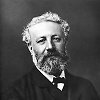The Fourth Gospel is admitted by all Greek scholars to be, in parts, extraordinarily obscure. No honest writer of history is obscure, as a rule, except through carelessness or ignorance — ignorance, it may be, of the art of writing, or of the subject he is writing about, or of the persons he is addressing, or of the words he is using, but, in any case, ignorance of something. But an honest writer of poetry or prophecy may be consciously obscure because a message, so to speak, has come into his mind in a certain form, and he feels this likely to prove the best form — ultimately, when his readers have thought about it.
Johannine Grammar (1906), p. 5























